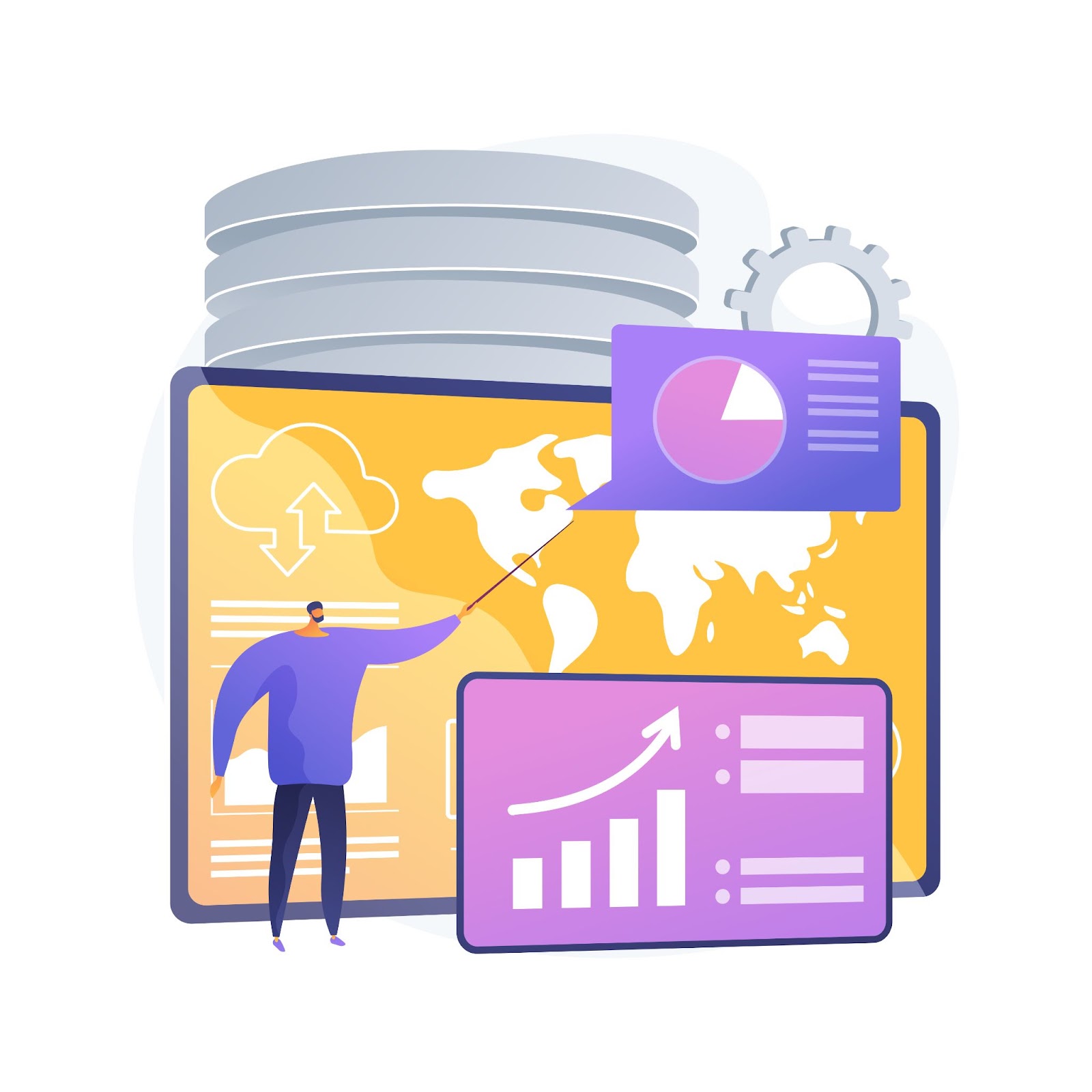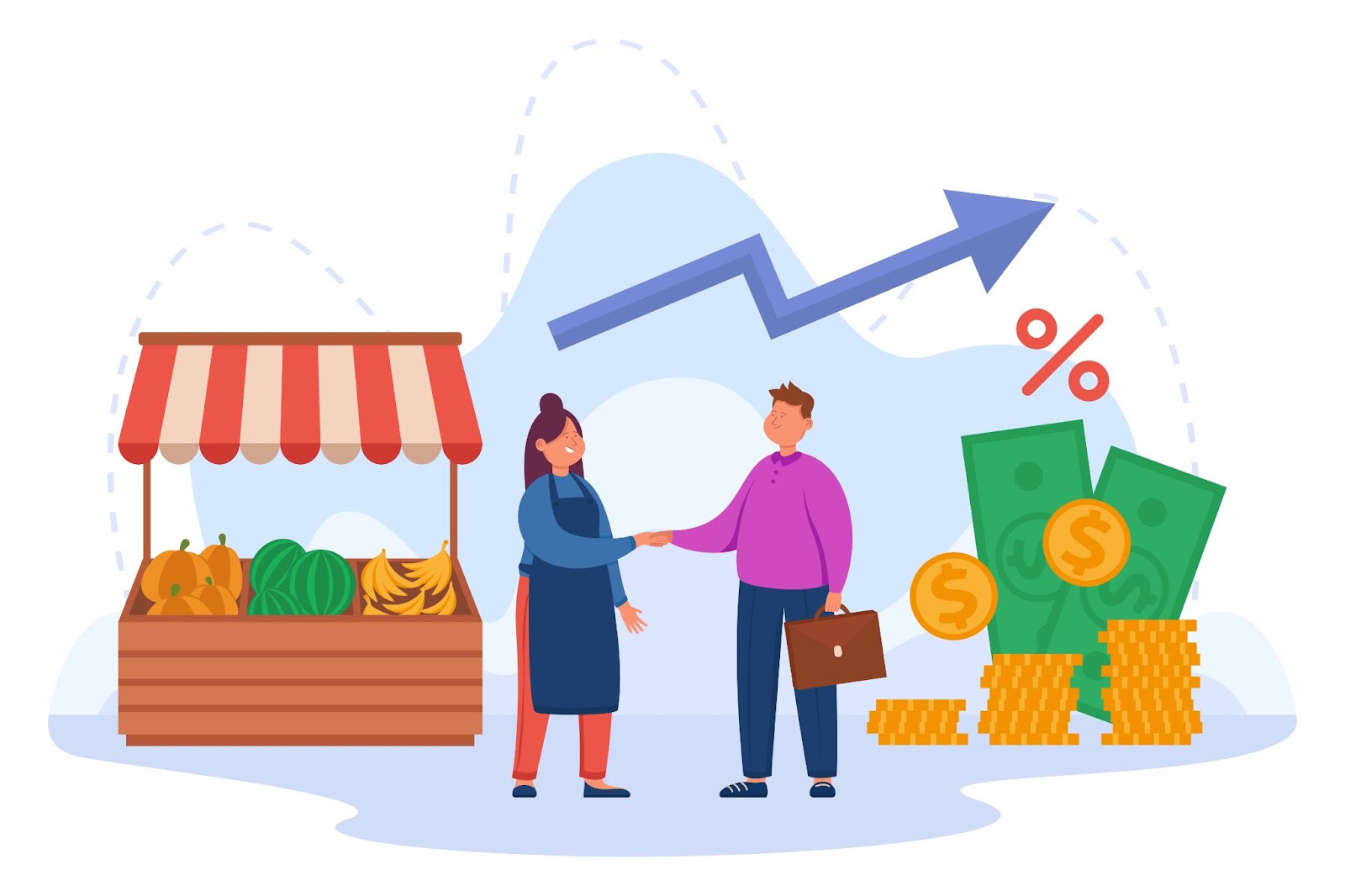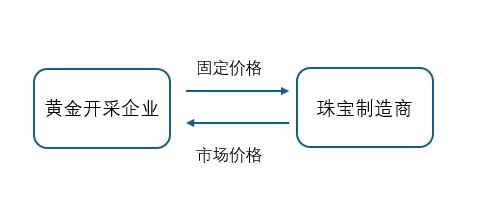TradingKey - Commodity trading is gaining significant attention from investors today.
However, many remain unfamiliar with commodity derivatives. These derivatives not only help investors hedge risks but also provide new profit opportunities.
So, how do they work? How can they offer protection in rapidly changing markets? This article will explore the core functionalities and risks of these commodity derivative instruments to help you better understand them!
What Are Commodity Trading Derivatives?
Commodity trading derivatives are essentially financial instruments based on the value of commodities.
These commodities encompass a wide range—such as crude oil, gold, copper (which fall under energy and metals), as well as agricultural products like soybeans and wheat—all of which are essential raw materials in industrial production and daily consumer consumption.
You can think of commodities as a large tree, with derivatives being the fruits grown on it.
The value of these derivatives depends entirely on this tree—that is, on the price fluctuations of the underlying commodities.
For instance, if crude oil prices increase, derivatives based on crude oil (such as futures contracts or options) will also appreciate; conversely, if crude oil prices decrease, the value of those derivatives will decline.
Therefore, derivatives are fundamentally designed financial tools centered around commodities that allow you to participate in price movements without directly buying or selling physical goods.

(Source: Freepik)
What Are Commodity Futures?
Futures consist of standardized contracts that are traded on futures exchanges, detailing the delivery of a specific quantity and quality of commodities at a predetermined time and location in the future.
What Role Do Futures Play in Commodity Trading?
Price Discovery Function
The trading activities of various market participants, such as producers, traders, and investors in the futures market, reflect all factors influencing commodity prices—from supply and demand dynamics to macroeconomic data and policy changes—concentrated into futures prices.
Through an open, fair, efficient, and competitive trading mechanism, futures exchanges establish prices that are authentic, predictable, continuous, and authoritative—providing references for future price trends in spot markets.
Hedging
Businesses can utilize futures contracts to hedge against price risks in the spot market.
By predicting future commodity prices, they can buy or sell futures contracts to mitigate potential losses from price fluctuations.

(Source: Freepik)
What Are the Risks Associated With Futures Trading?
Despite their many benefits, futures trading carries certain risks—particularly due to its leveraged nature.
Futures typically require only a small margin payment (for instance, 10%) to control contracts valued at ten times that amount. This sounds appealing as it allows you to engage in larger trades with less capital.
However, leverage also amplifies your losses.
If market movements go against your expectations, losses can escalate quickly—even exceeding your initial margin. In such cases, you may need to deposit additional margin to maintain your position.
If you are unable to do so, your position may be forcibly liquidated—resulting in even greater losses.
What Are Commodity Forward Contracts?
In contrast, a forward contract is a personalized, non-standardized agreement made privately between a buyer and seller, outlining the delivery of a specified amount and quality of commodities at an agreed-upon price on an established future date.
In contrast to futures contracts, which follow standardized terms, forward contracts offer more adaptability. The terms—such as delivery time, price, quantity, and quality standards—are determined through negotiation based on the specific needs and circumstances of both parties.
What Role Do Forward Contracts Play in Commodity Trading?
Risk Management: Buying "Insurance" for Future Transactions
A key advantage of forward contracts is that they allow parties to secure future transaction prices, thereby minimizing the risk associated with price volatility.
Providing Trading Opportunities
Forward contracts are not only beneficial for businesses; they also appeal to investors. Individuals with different risk appetites can discover appropriate strategies. For instance, conservative investors might use forward contracts to secure profits, while aggressive investors can capitalize on price fluctuations for arbitrage opportunities.
Additionally, arbitrageurs can use forward contracts to buy and sell across different markets to attain risk-free profits. This practice helps balance market prices and enhances overall market liquidity.

(Source: Freepik)
What Are the Risks Associated with Forward Contracts?
1. The most significant risk associated with forward contracts is counterparty risk.
Since they are traded over-the-counter (OTC), unlike futures, which involve exchanges as intermediaries for guarantees, if one party faces financial issues or defaults, the other party may incur substantial losses.
2. Market Condition Changes
Shifts in market conditions can cause fluctuations in the value of forward contracts; if market prices move unfavorably for holders, potential opportunity costs may arise.
3. Poor Liquidity
Forward contracts are not traded on exchanges, making it challenging to find suitable counterparties for closing or adjusting positions—this increases trading difficulty and costs.
What Is Swap Trading?
Swap trading involves an agreement between two parties to exchange cash flows pertaining to particular commodities over a specified timeframe.
One party disburses cash flows based on a fixed rate, while the other party pays cash flows tied to a variable price (usually reflecting the market rate).
Instead of directly buying and selling commodities, swaps are designed to transfer risks and generate profits based on commodity price fluctuations.
Example:
A gold mining company enters into a gold swap agreement with a jewelry manufacturer. The gold mining company pays cash flows to the jewelry manufacturer based on a fixed price, while the jewelry manufacturer pays cash flows back to the gold mining company at market prices.
Through this arrangement, the gold mining company locks in its sales price for gold, mitigating losses from potential price declines; conversely, the jewelry manufacturer secures its raw material procurement costs, protecting against rising production expenses.

What Are the Risks Associated with Swap Trading?
Credit Risk
The most significant risk encountered in swap trading is credit risk. Since swaps are usually conducted in over-the-counter (OTC) markets without central clearing mechanisms, parties primarily rely on each other's creditworthiness.
Should one party encounter issues—such as bankruptcy or default—the other may suffer substantial losses.
For instance, in the previously mentioned gold swap transaction, if the jewelry manufacturer's financial condition deteriorates and it cannot fulfill its obligation of paying market-based cash flows, the gold mining company would face financial losses.
Market Risk
Although swap trading aims to hedge against price volatility risks, extreme market fluctuations can surpass expectations and lead to losses.
For example, if gold prices suddenly surge or plummet beyond what both parties can tolerate, the swap may not fully cover those risks and could incur additional losses.
Legal Risk
Different countries and regions have varying regulations governing swap transactions.
If one party fails to thoroughly understand or comply with applicable laws, it may provoke legal disputes that hinder normal trading processes.
In some jurisdictions, for example, swap transactions may be subject to stringent regulations or even restrictions on their use.


